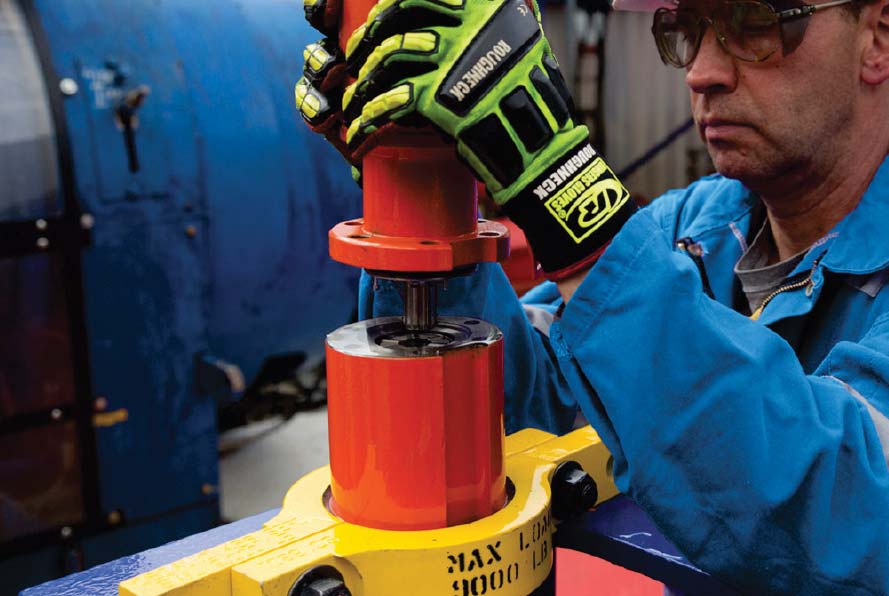

Participants will learn:
By the end of this course delegates will be able to:
Electrical Engineers, Electrical Technicians, Electrical Inspectors, Electrical Professionals & Supervisors, Instrumentation and Design Engineers, Maintenance Engineers, Supervisors & Technicians, Energy Management Consultants, Control Engineers & Technicians, Automation & Process Engineers, Chemical & Mechanical Engineers, Consulting Engineers, Field Technicians, Graduate Engineers, Project and Production Managers, Project Engineers, Electronic Technicians, Plant Managers, Process Control Engineers, System Engineers, System Integrators, Testing Engineers & Technicians, Power System Engineers, Power System Technicians, Utility Engineers, Managers & Team Leaders of Engineering Departments, Safety Professionals, Plant Electricians, Facilities Engineers, Operations & Maintenance Engineers, Supervisors & Technicians, Project Engineers, Commissioning & Testing Engineers, Consulting Engineers, Electrical Technologists, Facility & Plant Managers
Fundamentals of Electric Submersible Pumps
Application of ESPs in Difficult or Harsh Environments
ESP System Selection, Performance Calculations and Equipment Sizing
ESP Monitoring, Control and Protection, Installation
Commissioning, Operation and Maintenance
CDGA attendance certificate will be issued to all attendees completing a minimum of 80% of the total course duration.
| Code | Date | Venue | Fees | Register |
|---|---|---|---|---|
| EE130-02 | 05-04-2026 | Amsterdam | USD 6950 | |
| EE130-03 | 05-07-2026 | Muscat | USD 5450 | |
| EE130-04 | 04-10-2026 | Riyadh | USD 5450 |

This course deals with topics related to sucker components and systems of electrical submersible pumps (ESP). It covers the development of electrical submersible pumps, outline of systems range, compo ...
Providing services with a high quality that are satisfying the requirements
Appling the specifications and legalizations to ensure the quality of service.
Best utilization of resources for continually improving the business activities.
CDGA keen to selects highly technical instructors based on professional field experience
Since CDGA was established, it considered a training partner for world class oil & gas institution
3012, Block 3, 30 Euro Business Park, Little Island, Co. Cork, T45 V220, Ireland
Mon to Fri 09:00 AM to 06:00 PM
Contact Us anytime!
Request Info